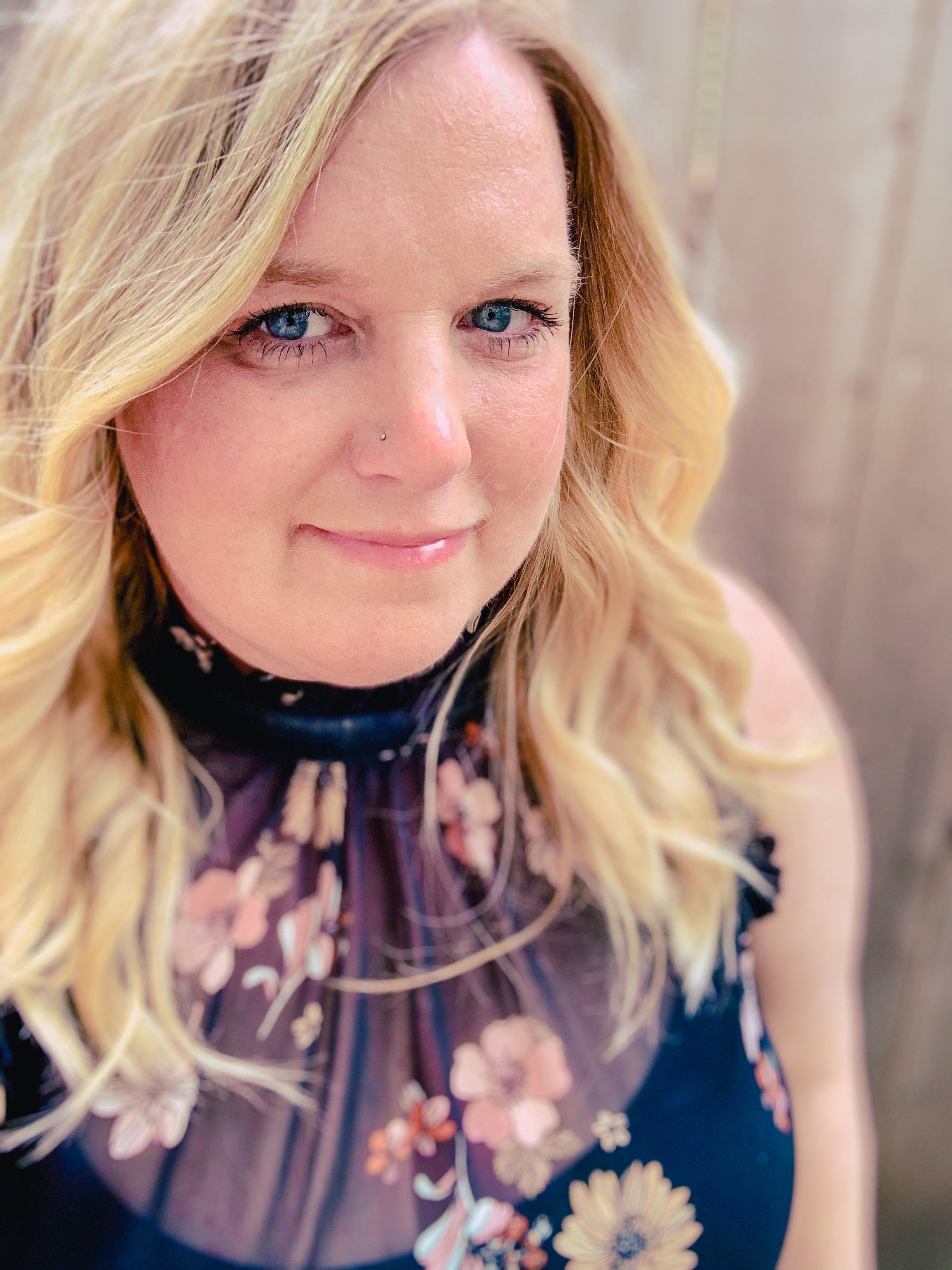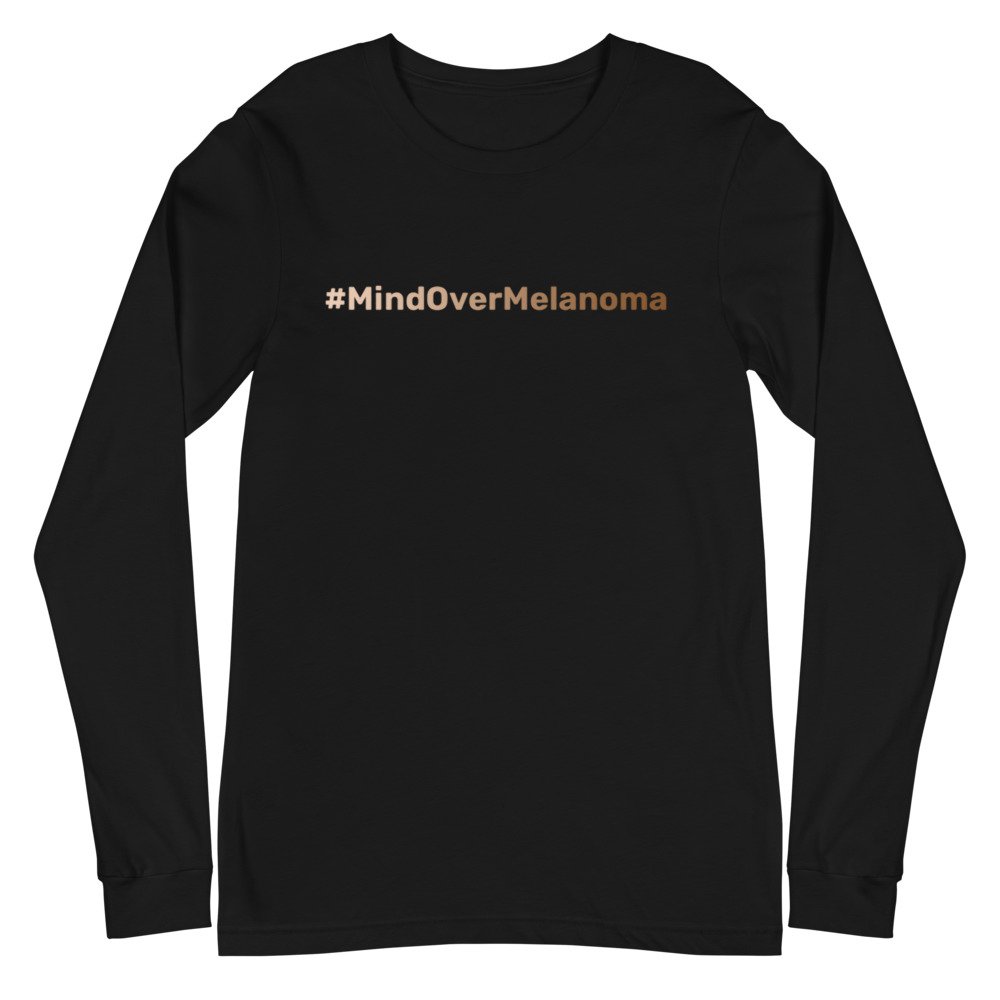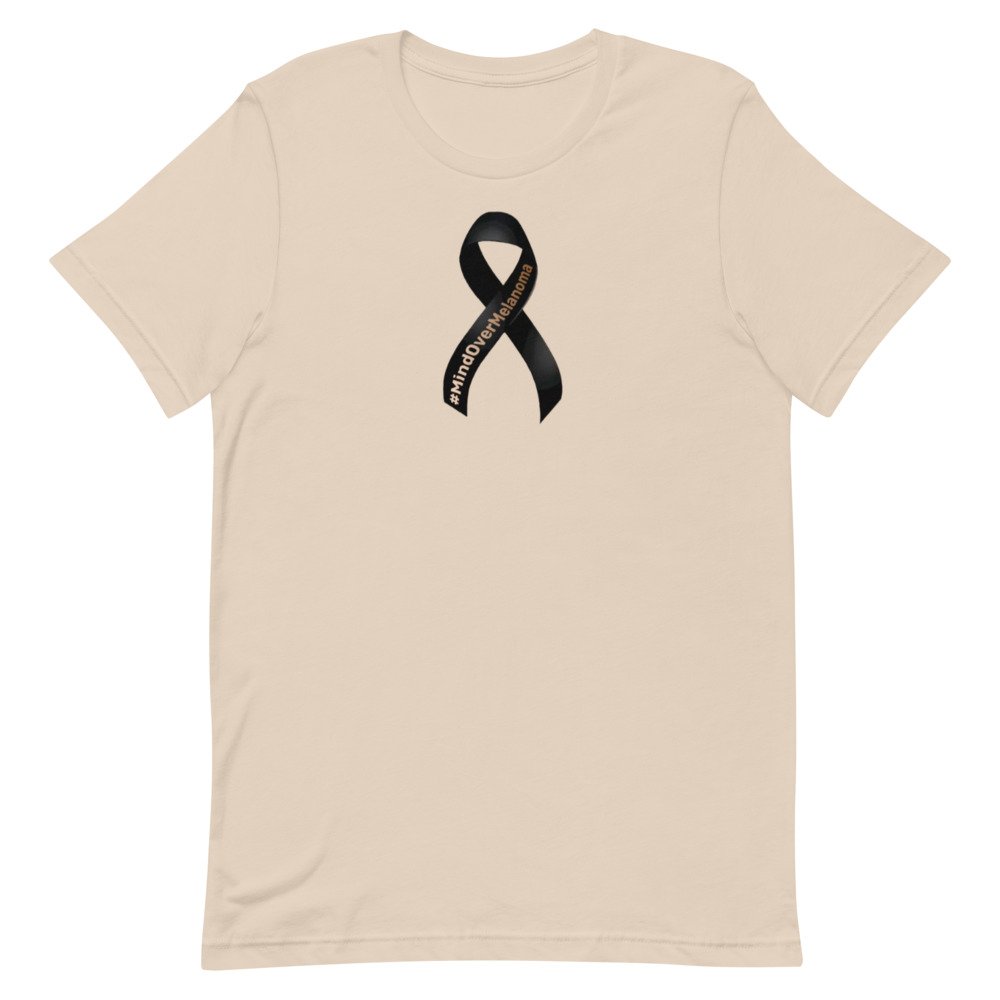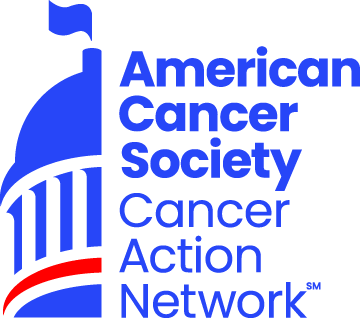Melanoma facts
-
What is Melanoma?
Melanoma is a type of skin cancer. Like other cancers, melanomas start when a particular cell or group of cells in your body begins to grow in an uncontrolled and dangerous way so they can invade surrounding tissues and potentially spread to other parts of the body.
-
How serious is it?
In the U.S., more than 9,500 people are diagnosed with skin cancer every day. More than two people die of the disease every hour.
In the past decade (2011 – 2021), the number of new invasive melanoma cases diagnosed annually increased by 44 percent.
-
What are causes?
The main causes of melanoma are the sun and indoor tanning. The vast majority of melanoma cases are caused by the sun. Also, Ultraviolet (UV) radiation, which is emitted from tanning devices, is a proven human carcinogen.
A health class I took just to meet a college credit requirement might have ended up saving my life. Everyone in class was assigned a different virus or disease to research and give a presentation on: mine was skin cancer.
Because of this, when I found a mole on my right shoulder three years later, I knew I needed to get it checked out. It had asymmetrical, uneven borders, was larger than the end of a pencil and had a black dot in the center.
Less than a week after a dermatologist removed the mole, the results came back positive for cancer. I was diagnosed with Stage 1b melanoma. Due to the rate the melanoma was growing, I needed a WLE (wide local excision) to remove the melanoma and sentinel node biopsy to be sure the cancer hadn't spread to my lymph nodes. Fortunately, my lymph nodes were clear and I was "cancer free".
Because I'm considered high risk for melanoma, I have to have skin checks every three months to scan for suspicious moles. In 6 years, I had 14 biopsies and 6 more surgeries. I was cancer free but felt more like a cancer patient than every. I struggled a lot with survivor's guilt, anxiety and depression. I found myself feeling lost and alone. I began to see a therapist where I finally started to work through the emotions and began to heal mentally.
Jennifer Schultz’s Story
In January of 2020, I celebrated 5 years of being cancer free. Typically, this means I would have been able to move to annual skin checks but in November, we found a basal cell carcinoma and in March of 2021, I was diagnosed with my second melanoma. Last week, I was diagnosed with my third melanoma (and fourth skin cancer) in six and a half years. In October, I will have another WLE and sentinel node biopsy to determine if the cancer has spread.
Since my first diagnosis, I started a podcast called Company You Keep to share inspiring stories to those who have overcome adversity to live their passion and purpose, began working with Athletes Committed to Educating Students (ACES) to use sports as a vehicle to help close the academic achievement gap between white students and students of color in Minnesota, and became a melanoma educator to spread skin cancer awareness, teach cancer prevention and advocate for mental health resources in healthcare and trauma recovery.
#MindOverMelanoma
This collection is intended to help Jenn reach her goal of $5,000 with ACS CAN where they will raise awareness, educate, and prevent. Proceeds will go directly this initiative.
ACS CAN
ACS CAN (American Cancer Society Cancer Action Network) is a national nonprofit organization whose mission is to end cancer as we know it, for everyone. ACS CAN works to encourage our local, state and federally elected officials and candidates to make cancer a top priority.
Their mission and work includes a strong focus on preventing cancer, seeking new treatments and cure, and ensuring all Americans have access to the medical care that could save their life. They also support cancer patients and survivors by working to improve their quality of life both during treatment and after it has ended.
The Loveland Foundation was established by Rachel Cargle to help provide mental health resources and access to therapy for Black women and girls. Due to ingrained stigmas surrounding mental health in many communities and a vast majority of therapists in the US being white, it's often hard for Black women and girls to have access to these resources when needed.
Through their partnerships with Therapy for Black Girls, National Queer & Trans Therapists of Color Network, Talkspace, and Open Patch Collective, the Loveland Foundation Therapy Fund provides financial assistance for women and girls in these communities to receive therapy sessions.






